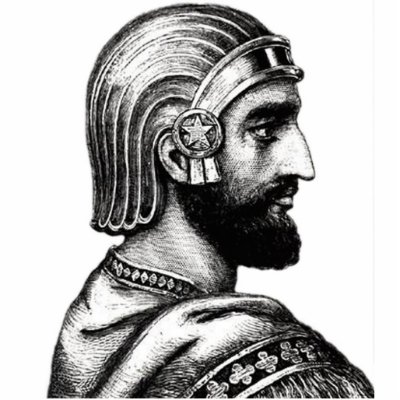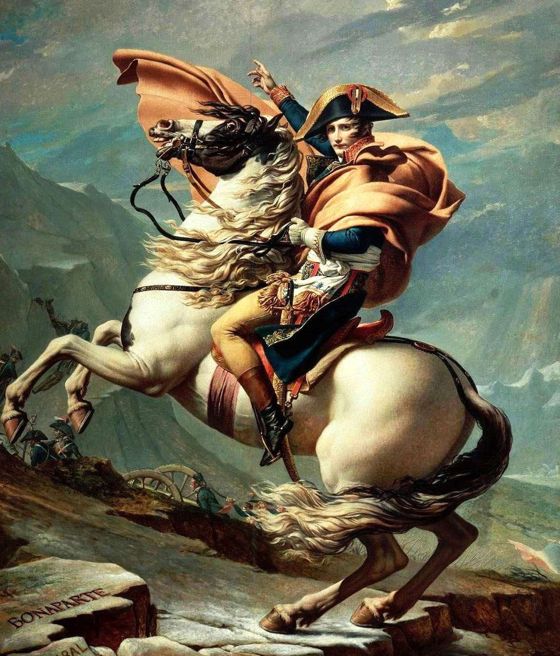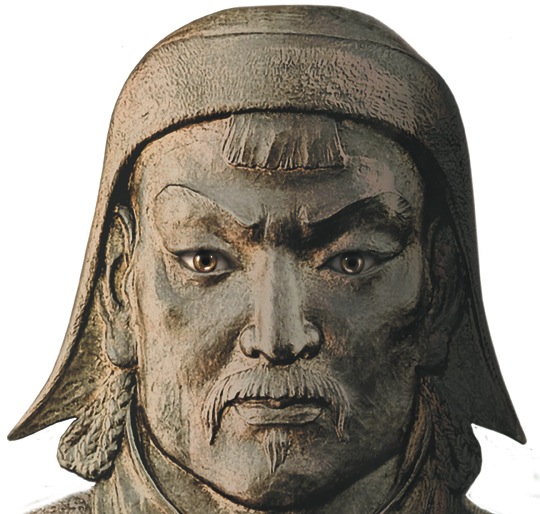Xbow wrote:Funny that no one mentioned this guy.

Zhukov's claim to fame was that he had such a wealth of men and machines that he had no aversion to spending whatever amount of human and mechanical fodder that was required to obtain a victory. He didn't need to be brilliant and he wasn't. All he needed to be was game and persistent and the > 2 to 1 superiority in population and industrial capacity would ensure victory. For the Germans the war against the Soviet Union was lost on the day the little corporal kicked off Operation Barbarossa. Hitler's stupidity assisted the Russians in defeating Germany in myriad of ways.
A wealth of manpower perhaps, but not machines. Not in 1941 originally. When Hitler launched his three pronged hammer blow against the USSR, that country was rural, still almost in the serf era, with few paved roads or armament's factories, a railroad system that, although archaic, was a different gauge than Germany's and an army which had performed poorly in Finland because Stalin had murdered the majority of its veteran generals.
The seeds for the Nazi defeat in Russia were sown with the Ribbentrop Pact in 1939, giving Hitler a free pass vs. Poland, and essentially saving the Soviets to fight another day on their soil two years later. Essentially, Germany gave the Soviets' half of Poland without ever firing a shot. When the German General Staff, in existence for a hundred years, discovered, upon invading Poland in 1939, and suddenly receiving the Western democracies Declaration's of War, that the Soviet Army was on the move, one of their general's responded "Against Whom?"
Although they declared war, with England, against Germany upon the invasion of Poland, France really didn't have the political will for the fight. Their military thinking was defensive, with the Maginot Line. This wasn't surprising, having lost an entire generation in World War I. They could have sent a million man army smashing into Germany at anytime before 1940, and deposed Hitler, there were no western defenses, everything the Wehrmacht had was concentrated on the eastern front for the invasion of Poland. Hitler had good intuition and understood the French better than any of his enemies, and decided to launch the war in the east, and not worry whether the French would attack, and they didn't.
The three-pronged hammer blow the German Army launched against the USSR in 1941, should have won, and if they had, Germany, despite what the French and British had, would have ended the war. The gamble was worth it, England, although still a belligerent, had only rescued their army at Dunkirk, not their equipment. Their only fighting force left was the RAF and the British navy, engaged in attempting to keep the sea lanes to America open against the U-Boat campaign. Germany launched a summer war against Russia, and the central army group reached the outskirts of Moscow, Stalin and the government fled, and they came within sight of the Kremlin spires. Had they stepped off from the eastern border of Poland, instead of where their "chop line" was, 250 miles back, they would have overrun Moscow and captured the capital and ended the war.
What saved the Soviet's was American Lend Lease armaments, which put their army on wheels, and provided the ammunition, artillery, airplanes, tanks to fight the German's. A heroic defense of Leningrad (one of the great stories of World War II, seldom told), and a suicidal defense of Stalingrad, coupled with the Russian winter, froze the German's. Hitler's order to fight and die, instead of a strategic retreat at Stalingrad, cost them an entire army, which, even in the winter, would have still been available, early, to fight off the Russian Army. The Russians did have the manpower advantage, and the huge interior to retreat to, build factories, and regroup, with Lend Lease supplies, sent to them from America, they got the breathing room they needed to fight Germany and cut the heart out of the Nazi's. The Soviets held a different view than America's in battle. Where the United States sacrificed equipment and machines, something no other country, except perhaps Germany could produce at our scale, instead of manpower, Eisenhower was once told by a Russian general, that the way to clear a minefield, was to walk a division through it.
Historians have overemphasized Hitler's decision in 1941 to turn east and leave a belligerent England in his rear, however, he had won the gamble in Poland in 1939 anticipating the French response, had an active U-Boat campaign running in the North Sea and the Atlantic. He shouldn't have wasted his Luftwaffe in an even struggle over England's skies with the RAF, they should have been used in Russia, and British bombing of German cities wasn't particularly common in 1941, and America wasn't yet in the war. The gamble was worth it in Russia, it should have succeeded, except for American Lend Lease supplies saving first England, which really could do nothing militarily against the Germans, and than the Soviet Union. But the seeds for Germany's defeat in Russia can be laid directly in the Ribbentrop Pact which gave the Soviets an extra 250 mile demilitarized zone in Poland, which eventually saved Moscow in 1941.......Sta







































